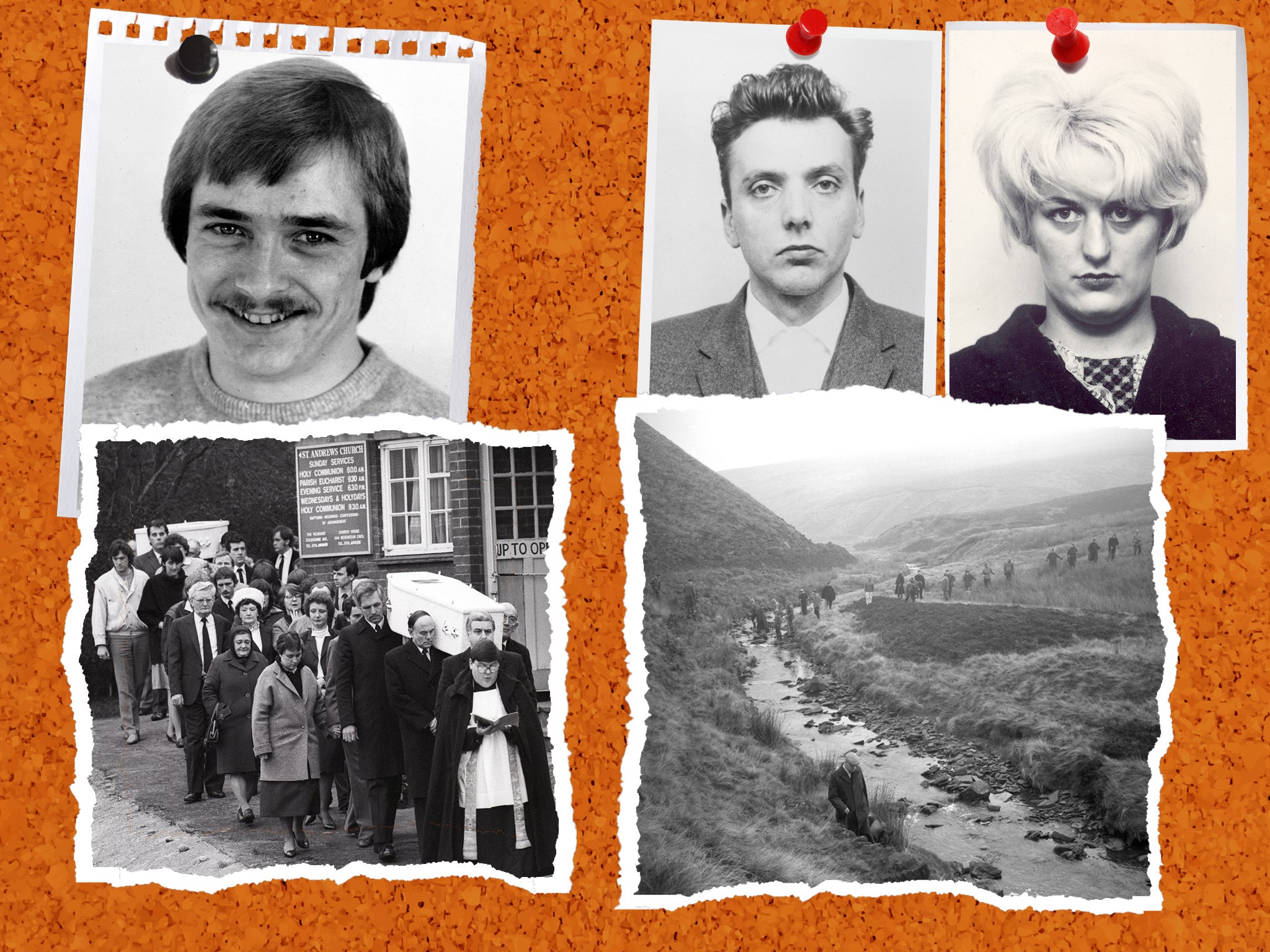With true crime, the truth is stranger than fiction
Why do especially striking crimes continue to fixate us and why have they inspired writers to create some of their most memorable work? James Rampton finds out

Mark Billingham’s blood ran cold. A few years ago, the acclaimed crime novelist was working on Couples who Kill, a documentary about the Moors Murders, the notorious killing of five children between 1963 and 1965 by Ian Brady and Myra Hindley, when out of the blue he received an unsolicited letter at his home address. As he read it, Billingham shivered with horror. It was from Brady himself.
“I was absolutely staggered,” says the novelist. “My wife did not want to have the letter in the house. That is my primary memory of that moment; when I said to her, ‘Look at this’, she just went, ‘Get rid of it, get rid of it!’.
“It was a very odd letter. Firstly, just the way it looked. We had a forensic psychiatrist working on that programme, and he said, ‘Even if I didn’t know who this letter was from, if you covered up the name at the top, just looking at the tiny little scrolled writing, running over hundreds and hundreds and hundreds of lines, I could tell you the person who wrote it had an issue’.”
Subscribe to Independent Premium to bookmark this article
Want to bookmark your favourite articles and stories to read or reference later? Start your Independent Premium subscription today.
Join our commenting forum
Join thought-provoking conversations, follow other Independent readers and see their replies